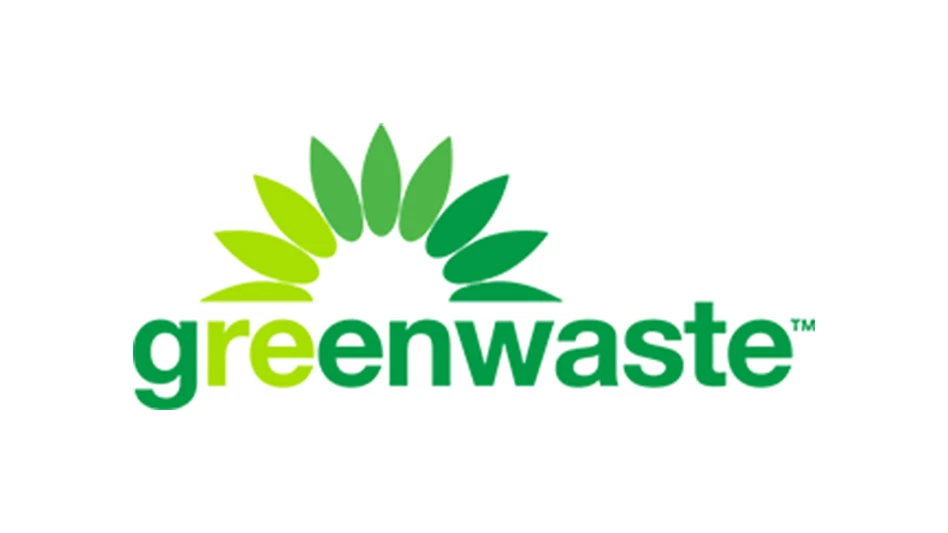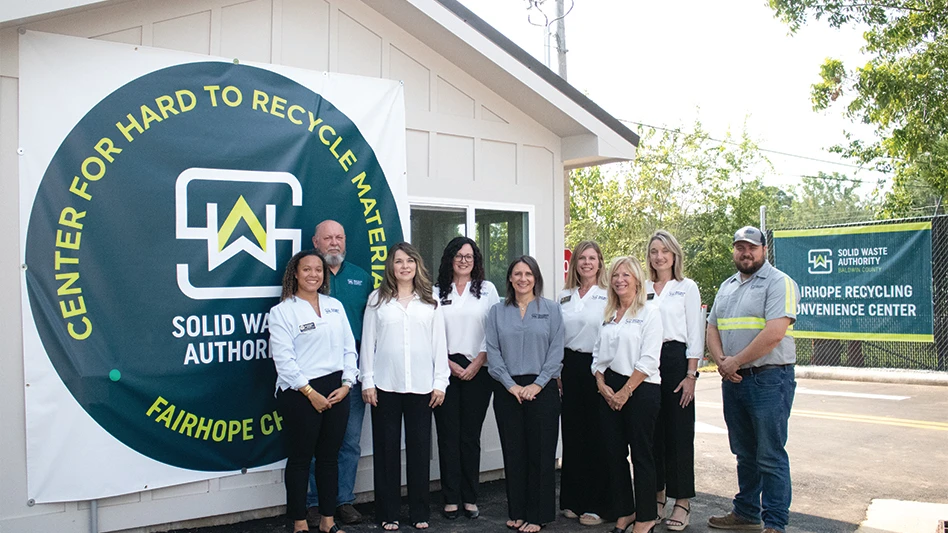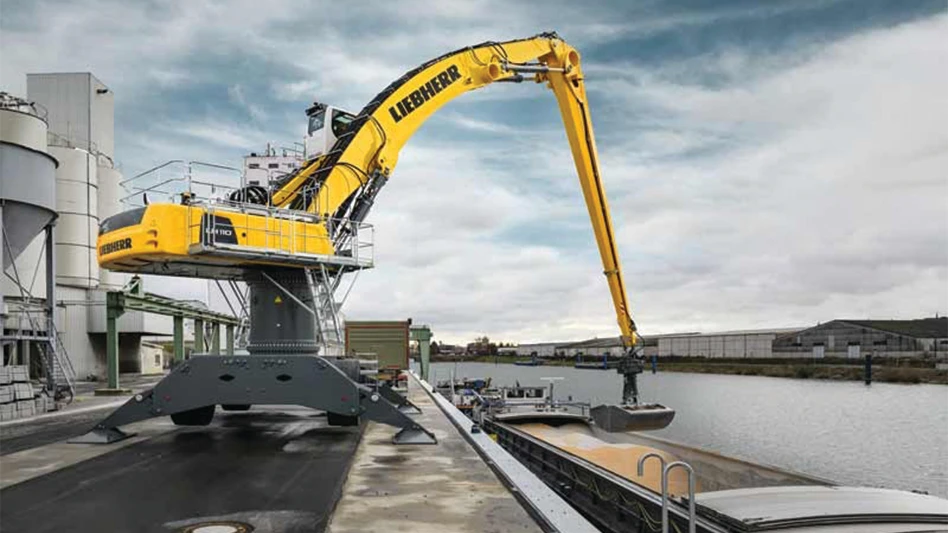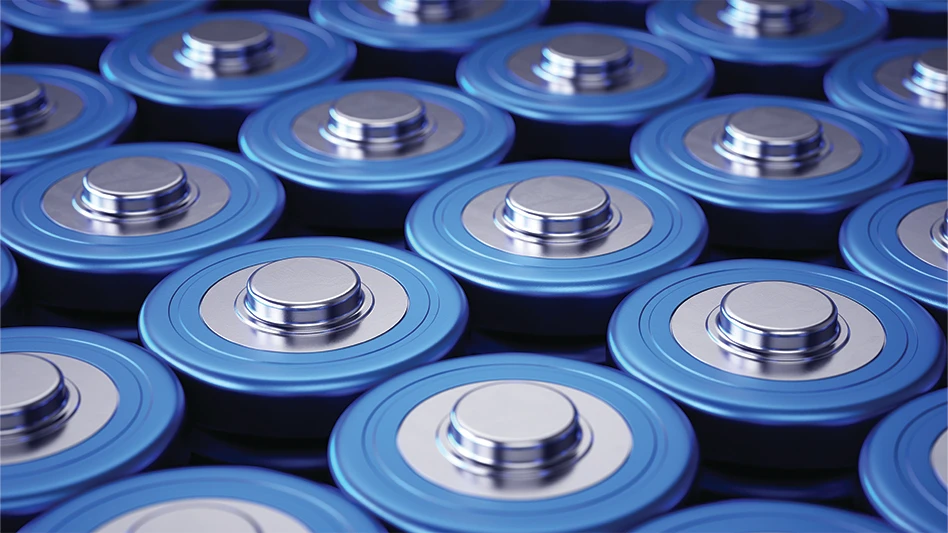An increasing number of state lawmakers across the U.S. are discussing legislation surrounding plastics recycling. More specifically, this legislation concerns advanced recycling or extended producer responsibility (EPR).
For instance, just a few months ago, Pennsylvania passed legislation that ensures advanced recycling is not misclassified as solid waste management but rather as a manufacturing activity. Virginia lawmakers also are currently looking at this issue. In total, advanced recycling legislation has been passed in nine states.
About one week ago, New York lawmakers introduced S.1185A, an EPR bill that would require product producers in the state to pay for recycling. Currently, lawmakers in Oregon also are considering similar legislation—House Bill 2065—to require producers of certain products and packaging to take responsibility for their products.
The American Chemistry Council (ACC), Washington, recently expressed its support for these legislative milestones. The association says plastic makers in the country are helping lead the way toward minimizing waste and ensuring plastic scrap is recycled and has solid end markets.
“Creating an EPR program just for plastic won’t solve the waste problem and could lead to material substitutions that could cost more to produce, increase food waste or have higher life cycle impacts, such as significant increases in greenhouse gas emissions," the ACC says in a news release about EPR legislation. "Plastic makers support fair and feasible approaches that address all packaging materials, not just plastic, and won’t unnecessarily restrict or burden consumers or lead to unintended environmental impacts.”.
The association continues, “Our members have set a goal for 100 percent of U.S. plastic packaging to be recyclable or recoverable by 2030, and we look forward to working with governments, nonprofits and businesses that feel as passionately as we do about ending waste to implement policies that help achieve that goal.”
Craig Cookson, senior director of recycling and recovery at the ACC, says he thinks it will take a variety of laws and processes to ensure 100 percent of plastic packaging is recoverable and recyclable.
He adds, “Discussions [regarding advanced recycling and EPR] are happening coast to coast, both at the state and federal level.”
Redefining advanced recycling
Since 2017, Cookson says nine states have passed advanced recycling-related legislation: Florida, Wisconsin, Georgia, Iowa, Tennessee, Texas, Ohio, Illinois and Pennsylvania (The latter being the most recent.) He says most of these laws focus on redefining advanced recycling as manufacturing and not waste management.
“The key thing here is transparency,” he says. “The states don’t have definitions for these technologies. So, it leaves some ambiguity on how [advanced recycling] could be regulated." Cookson adds that the legislation that has been passed "gives that transparency to companies that want to do business so they know what permits they have to get, enabling them to set up offtake agreements to help them get investments.”
He says advanced recycling legislation also has a public health component. “It helps protect the public health and ensures that technologies are regulated—that they have an air permit, a permit for water discharge and [that] waste is disposed of properly.”
More companies are announcing advanced recycling projects, such as Eastman in Kingsport, Tennessee, which recently said it would invest $250 million in a methanolysis facility in that city.
“We’ve heard about 64 announced advanced recycling projects worth about $5.3 billion,” Cookson says. “That’s the exciting potential in economic growth that we’re seeing here.”
With more projects being announced, Cookson says he thinks more states will consider legislation concerning advanced recycling. Some have and are considering it, such as Rhode Island, Delaware, South Carolina, Michigan and Virginia.
While some have attempted to mischaracterize advanced recycling technology as “burning,” Cookson adds that most lawmakers are open to learning about the scientific processes involved.
“There are exciting discussions going on, and policymakers are hungry to understand the process and what the potential is,” he says. “They want the potential to recycle that plastic pouch or tube they are using that they know has good value but not a great end market yet. [The ACC] has been making scientific, engineering and chemistry arguments, so when we have the opportunity to explain it to lawmakers, yes, they understand it. They are hungry for solutions.
“Advanced recycling is a really exciting area," Cookson continues. "You’re going to see more announcements in the next months and years. The ability to take a heterogeneous mix of plastics that haven’t been recycled and put those into food-content applications and help over 400 global brands that committed to recycled content in their packaging, I think that’s really exciting. I think we’ll continue to see this move toward greater and greater circularity.”
Adopting EPR approaches
ACC also has been talking to lawmakers about EPR legislation and opportunities. Cookson says the association signed onto Falls Church, Virginia-based The Recycling Partnership’s proposal on product stewardship. “We signed on with 17 other organizations, including brands like Coke, Pepsi, Keurig Dr Pepper, Danone,” he says.
The goal of such legislation is to put fees on packaging to help build up supply and promote collection and recycling, he adds.
“We support The Recycling Partnership’s approach to packaging fees,” Cookson says. “We think it’s a good measure, a pragmatic approach that does a good job of balancing things on both communities and brand owners.”
Latest from Recycling Today
- Metals Innovation Initiative announces competition to address problems in Kentucky’s metals industry
- Dow, Mura Technology cancel chemical recycling plant in Germany
- Brightmark, Lewis Salvage partnership processes 1M pounds of medical plastics
- US paper recycling rate, exports down in '24
- Century Aluminum to restart idled production at South Carolina smelter
- Teaching kids the value of recycling
- ELV Select Equipment, Reworld aid NYPD in secure firearm disposal
- Some observers fear plastics treaty talks veering off course






